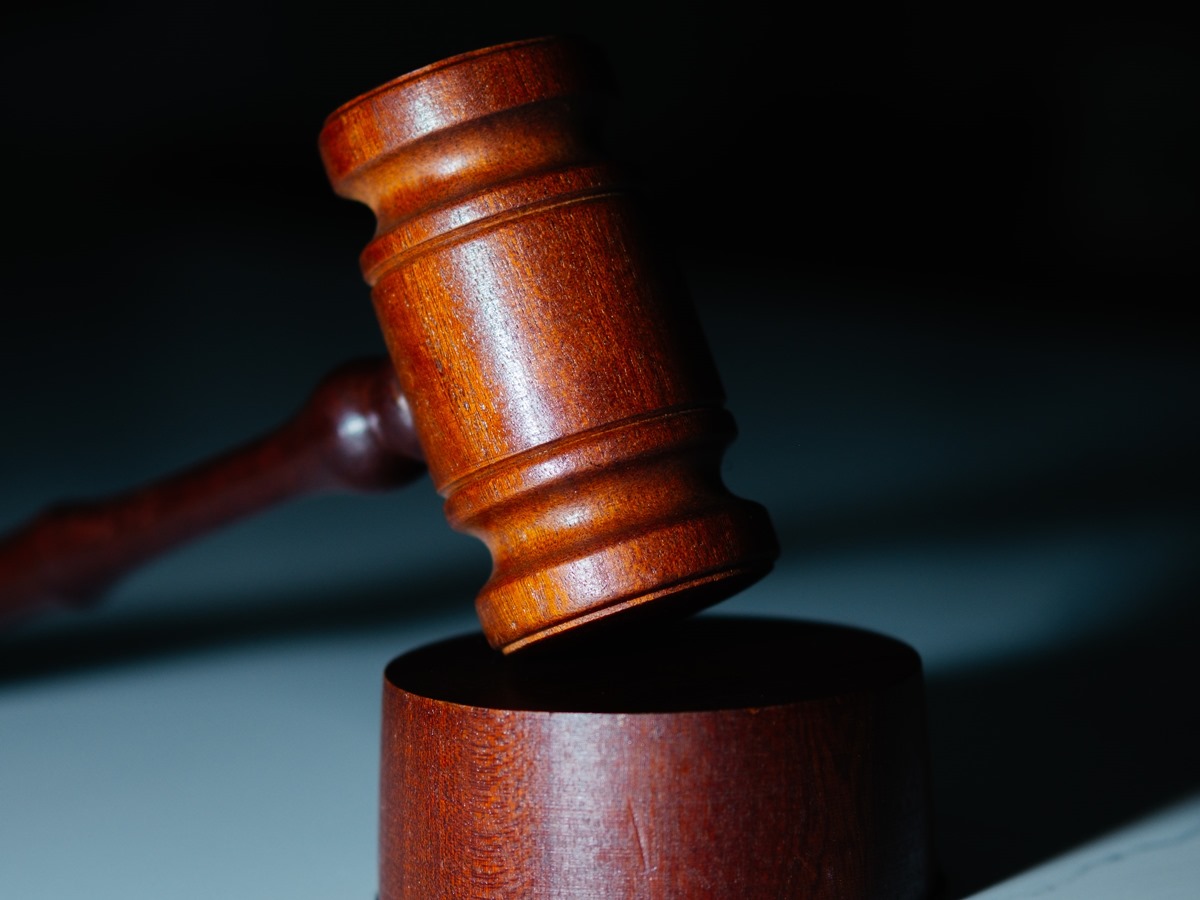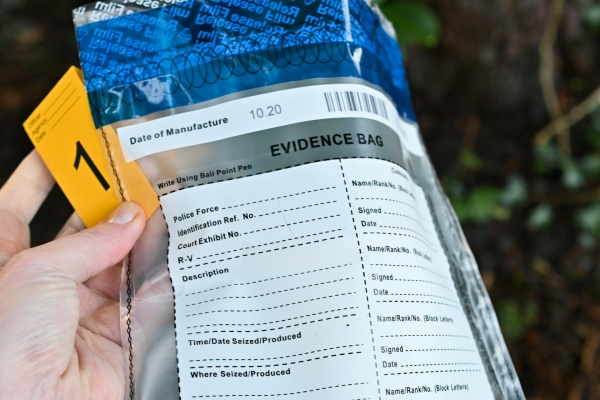What Is Probable Cause and How Does it Work?
News and Resources
Oftentimes people we secure bail for tell us they believe their person or property was illegally searched during their encounter with the police. While a bonding company cannot do anything about that the US Constitution does prohibit authorities from searching a person or their property without what is known as "probable cause", so it may well be that our client is right. But what exactly is probable cause? In this post, the bail bond agents at Tayler Made explain the principle behind probable cause and how it is typically employed by the police.
What is Probable Cause?
Probable cause is a key legal principle laid out in the Fourth Amendment to the US Constitution. As a result of this amendment, the police are prohibited from doing things like rummaging through your car at will to see what they can dig up or searching your backpack on a whim if they stop you on the street in Denver, Golden, or Lakewood. They need to have a defensible reason for doing so or, as the Supreme Court put it, the police need to be aware of "facts and circumstances based on reasonably trustworthy information" that indicate the individual being searched is in the process of committing a crime.
"The right of the people to be secure in their persons, houses, papers, and effects, against unreasonable searches and seizures, shall not be violated, and no Warrants shall issue, but upon probable cause, supported by Oath or affirmation, and particularly describing the place to be searched, and the persons or things to be seized."
SOURCE: Fourth Amendment, Constitution of the United States
Examples of Probable Cause
If the police got a tip from a reliable source that you were transporting a large amount of fentanyl in your vehicle and obtained a warrant, they could search the vehicle. But warrants are not always necessary.
If, for example, the police pulled someone over for speeding and saw a firearm and drug paraphernalia on the back seat of the car they would have probable cause to believe the driver was up to no good and may well be justified in searching the vehicle without a warrant.
That said, if the police conducted a search of a person, vehicle, house, backpack, or other property without obvious evidence of wrongdoing, then any evidence gathered during the search would be inadmissible in court. Not only that but the arrest itself may be invalidated and any money paid to the bail bond company returned.
Another example of probable cause would be if an officer responded to a report of a domestic dispute and arrived at the home where they encountered an alleged victim with obvious injuries. In that case, the office would have probable cause to believe a crime has been committed and would likely be justified in searching the house for evidence.

When to Call a Lawyer
As we mentioned earlier it will not do you any good to tell the bail bond agent you believe you were arrested following an illegal search. There is nothing the bondsman can do about it. What you will need to do is call a lawyer as soon as possible.
The vast majority of police officers are dedicated, hard-working professionals committed to operating by the book. That said, some veteran officers especially can be pretty slick when it comes to manipulating people into surrendering their rights. So if you feel like the police tricked you into agreeing to a search, or that they conducted a search without even bothering to trick you, it’s time to call a lawyer.
For Affordable Bail Bonds 24/7, Trust Tayler Made Bail Bonding
Regardless of the circumstances of your arrest, it is in your interest to secure your release as quickly as possible. To that end, your first call should be to the team at Tayler Made Bail Bonding. We have the experience and expertise necessary to ensure your stay in jail is as short as possible. So call Tayler Made now at (303) 623-0399 and remember, we're here for you with 24-hour bail bonds 365 days a year.
Contact Info
Tayler Made Bail Bonding is available 24 hours a day and 7 days a week.
(303) 623-0399email@taylermadebailbonding.com
3595 South Teller Street
Suite 300A
Lakewood, CO 80235
@TaylerMadeBail

